
Encyclopedia of Indian Philosophies – Vol. 9: Buddhist Philosophy from 350 to 600 A.D. – By Karl H. Potter (Author) – MLBD Publications
₹1,669 Original price was: ₹1,669.₹1,252Current price is: ₹1,252.
Encyclopedia of Indian Philosophies – Vol. 9: Buddhist Philosophy from 350 to 600 A.D. – By Karl H. Potter (Author) – MLBD Publications
₹1,669 Original price was: ₹1,669.₹1,252Current price is: ₹1,252.
Hardcover , 1 January 2008
In stock
This, the third Volume in this Encyclopedia to deal with Buddhist philosophy, takes the reader from the middle of the sixth. Many of the authors and texts treated here are not well known to the casual student of Buddhism. The most important author is clearly Dignaga, who is almost entirely responsible for turning Indian Buddhism toward an exhaustive analysis of epistemic considerations and in particular of inferential reasoning.
But other author whose works are summarized here deserve to be better known, in particular the rival Yogacara commentors Buddhapalita and Bhavya, the latter of whome in particular introduces for the first time into Buddhism contrasts between the viewpoint of his particular brand of Buddhism and all the other system of contemporary India and not just the Buddhists.
About the Author
Review
”…valuable survey of an important period in the development of Buddhist thought…..has a helpful glossary doubling as Index.” —–Journal of Royal Asiatic Society Vol: 15, No. 2, July 2005
”This work is bound to be received as a very useful contribution to Buddhist Philosophy and a welcome addition to works of reference on Buddhism. Professor Karl Potter deserves all congratulations for this painstaking task.” — Lalji ‘Shravak’, Dept. of Foreign Languages, BHU, Varanasi, The Indian International Journal of Buddhist Studies, Vol. 5, 2004.
”This is an impressive and indispensable summary and it should find its way to the shelves of many libraries, serving as a comprehensive reference tool for all researchers and students of Indian Buddhist Philosophy, especially those not trained in Sanskrit/ Pali.” – –Audrius Beinorius, Centre of Oriental Studies Vilnius Univ, Acta Orientalia Vilnensia, Vol. 5, 2004.
”This work is bound to be received as a very useful contribution to Buddhist Philosophy and a welcome addition to works of reference on Buddhism. Professor Karl Potter deserves all congratulations for this painstaking task.” — Lalji ‘Shravak’, Dept. of Foreign Languages, BHU, Varanasi, The Indian International Journal of Buddhist Studies, Vol. 5, 2004.
”This is an impressive and indispensable summary and it should find its way to the shelves of many libraries, serving as a comprehensive reference tool for all researchers and students of Indian Buddhist Philosophy, especially those not trained in Sanskrit/ Pali.” —Audrius Beinorius, Centre of Oriental Studies Vilnius Univ, Acta Orientalia Vilnensia, Vol. 5, 2004.
| Weight | 1.8 kg |
|---|---|
| Author | |
| Binding | |
| ISBN-13 | |
| Languages | |
| No. of Pages | |
| Publisher |
Only logged in customers who have purchased this product may leave a review.
Related products
Bodhidharma Retold: A Journey from Sailum to Shaolin – Vol. 1 – By Acharya Babu T. Raghu (Author) – MLBD Publications
Encyclopedia of Indian Philosophies Volume 21 – By Karl H. Potter (Author) – MLBD Publications
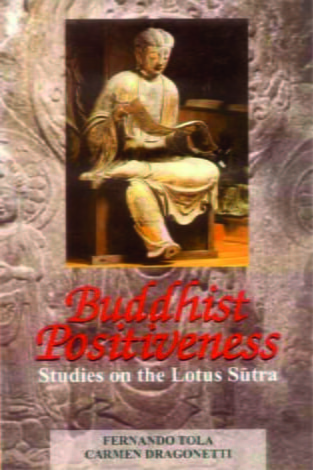
Singing Bowls- By Eva Rudy Jansen (Author) – MLBD Publications
Indian Monastic Buddhism: Collected Papers on Textual, Inscriptional and Archaeological Evidence (PB) – By Gregory Schopen (Author) – MLBD Publications
Encyclopedia of Indian Philosophies: Volume 18 – By Karl H. Potter (Author) – MLBD Publications
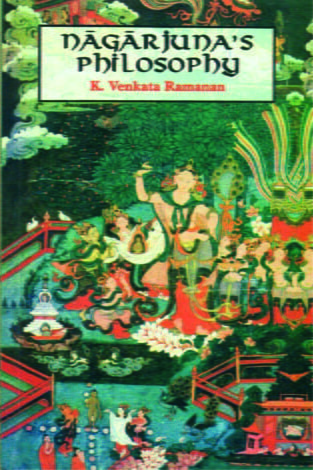





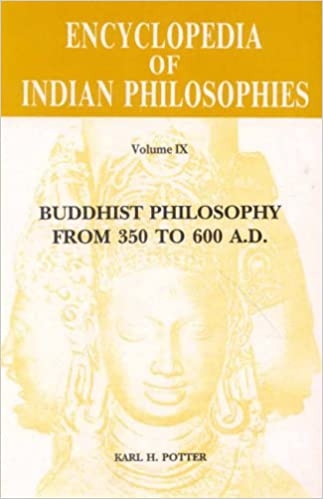
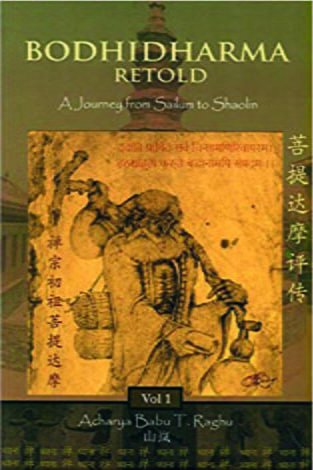
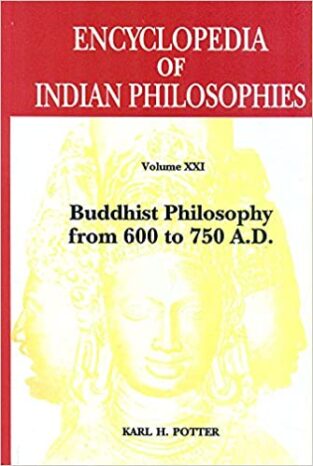
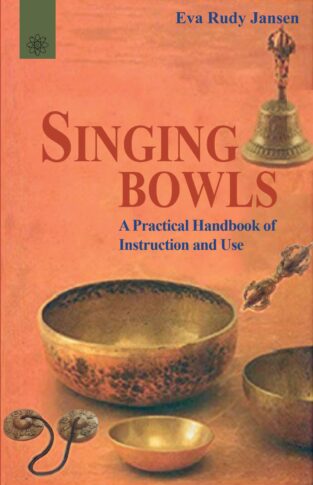
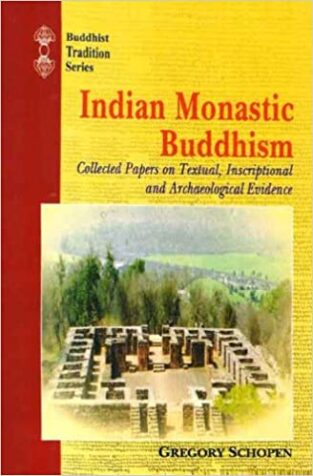
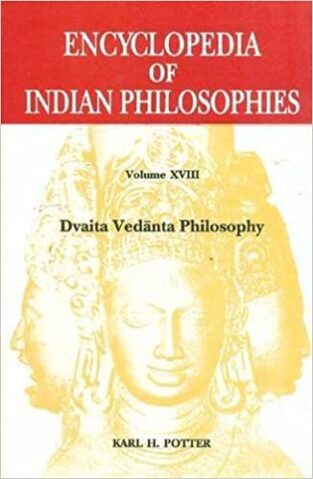
Reviews
There are no reviews yet.